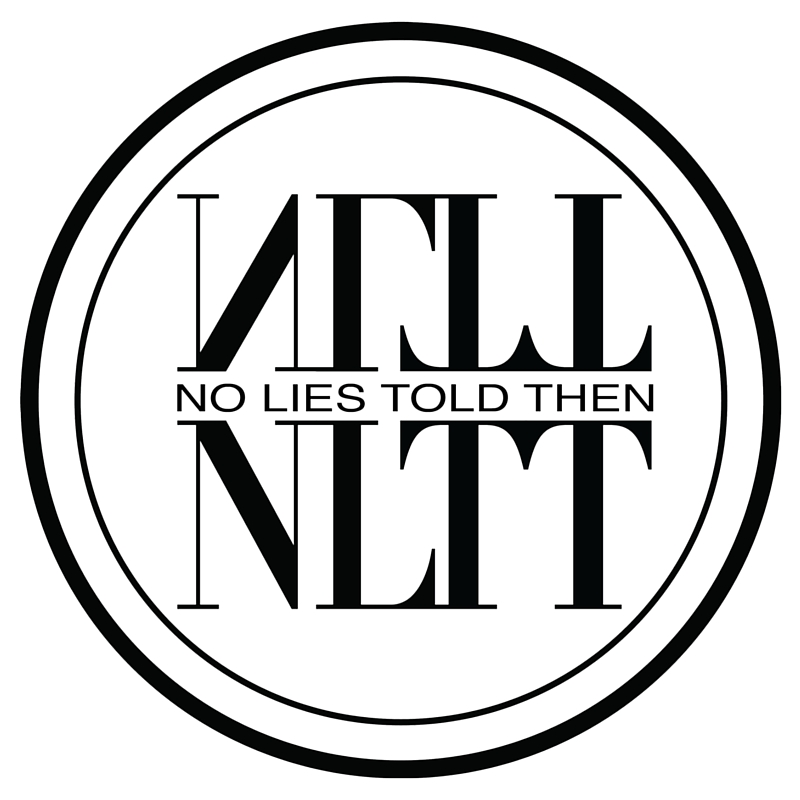On December 25th, 1983 on a New England frozen winter morning, I was born to a black father and white mother who loved me dearly. My family moved to California in 1985 where I grew up in a predominantly white suburb of Los Angeles. In all honesty, my environment was color-blind and I had a very happy and healthy childhood. As I have gotten older I understand how fortunate I was to have not experienced the painful truths about identity. I never had to choose to identify as ‘black’ or ‘white’ because I only identified as Amy.
That being said, I did have the normal teenage insecurities. I didn’t have white features, but also did not look like anyone else I knew. My features did not resemble my mom and she was unable to teach me standard beauty skills, which made me feel isolated. Luckily, I had supportive friends who didn’t see my curly hair, or my bushy eyebrows and they never made me ever feel less than beautiful.
When I went to college in the fall of 2002 I was not prepared for the exposure of black culture and with it, internal racism. My sheltered upbringing made me naïve to the twisted concepts such as ‘skin tone ranking’ and ‘over sexualized black woman’. It blew my mind because I grew up in liberal Los Angeles where I was exposed to history and the melting-pot genetics of our city and I thought myself cultured. I remember my parents standing in solidarity during the Rodney King beatings and the LA Riots. In fact, I only know my black family, as my mother was disowned by her parents. So the first time exposure to the black community its struggles was a very impactful period of my life.
The biggest lie I’ve been told about my blackness is that I am not black enough.
When people look at me the last ethnic group they “guess” (because of course it’s a game to figure my genetic make-up) is black. My natural hair is tight and curly, but I wear it straight these days. My go-to joke is that I tell people, “I am black similarly to the look of Rashida Jones”.
My skin is light brown, and I look like my ancestors; but to my peers I was not ‘black enough’ because I didn’t resemble a stereotypical black woman.
This was not my interpretation; those two words “not enough” were said to my face on several occasions. That was a hard lesson to learn during my freshman year of college. I struggled with identity for the first time in my life.
That got me thinking about The Stereotypical Black Woman and The Black Queen. Think about it. Definitions, constraints, and classifications used for purposes of control. These grandiose notions are alive and well in the twenty-first century. Black women are a diverse spectrum of hue and magic that weave together to make up a community, and when we judge one another off of stereotypes it becomes a never ending vicious cycle. For me, the reality is that I am never going to fit the white beauty standard or the black beauty standard. I have learned that there is ‘no one way to be black’, just as there is no one way to be human.
Earlier in the year there was an art exhibition in LA titled Skin. One of the exhibits had blank books and patrons were encouraged to write a story of their testimony.
This was my entry:
“Last year, in 2015, I approached a (black) man whom I was interested in dating. As the conversation progressed we had a lot in common. I revealed that civil rights are also important to me and that I am indeed a black woman. He proceeded to laugh in my face. When I asked him why, he said that he assumed it was a joke. According to him, white women target black men and he figured that his skin tone was the main reason I was contacting him”.
In the past few years I have been embracing my black woman identity. Through self reflection I uncovered that my biggest hang up was in how others saw me. While, I wholeheartedly identified as a black woman, I knew the world didn’t see me as black and it is confusing. My insecurities would strike in public, especially if I was out with a black man. Would people judge me thinking he was out with a white woman? This false notion of acceptance in hindsight is ridiculous, but the feeling's justified.
My Truth is, I am American. My parents are American. I can’t claim an African Country as my heritage. I can’t convince others and prove my worth. I am uniquely my mother and father’s loved child.
Over the past year I decided to take my blackness into my hands. I have joined several organizations in Los Angeles, including the Urban League on a path of self-discovery among my peers. On this journey I have found passionate and loving sisters and brothers who make me feel valuable and loved. My truth is I am black girl magic, which to me means acceptance, community, and abundance.
Amy is a project manager in the entertainment and music industries. She lives in Los Angeles, CA.


